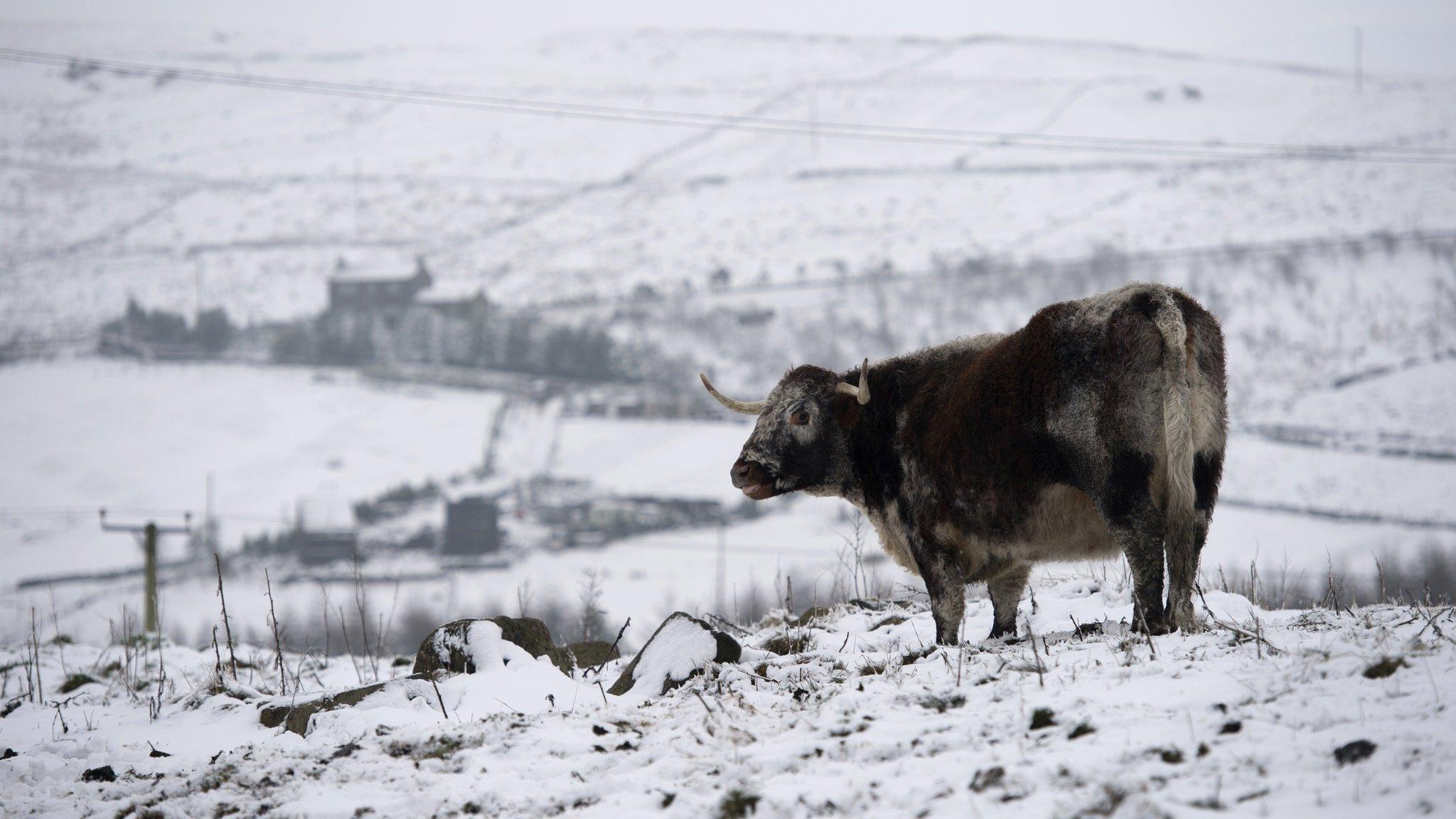Bovine TB: Badger cull needed, vets' leader tells AMs
- Published
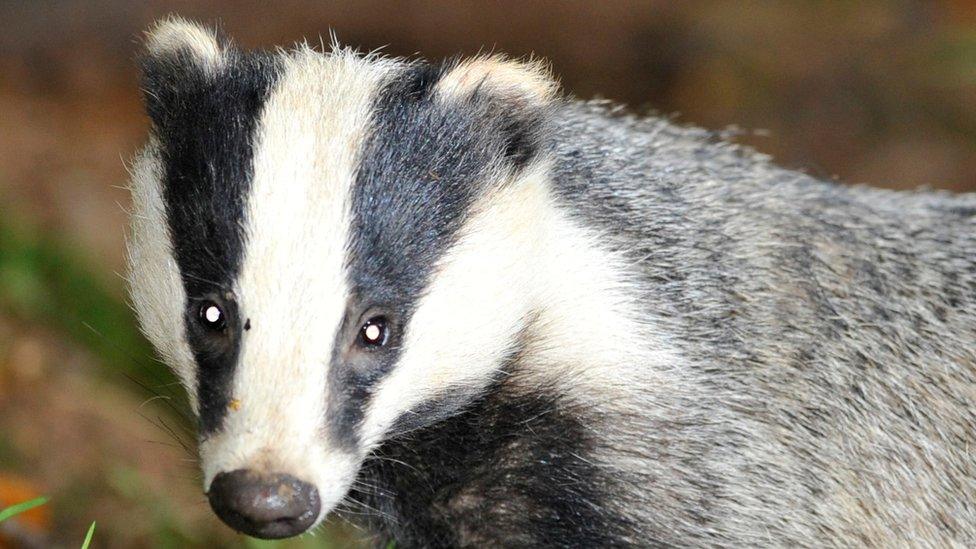
Badger culling over wide areas is needed as part of the fight against TB in cattle, a leading vet has said.
Ministers have ruled out the idea, unveiling new plans which focused on better testing of cattle and limited badger culls on individual farms.
Dr Neil Paton of the British Veterinary Association (BVA) told AMs that wildlife was "left uncontrolled".
The Welsh Government said its current approach was proving effective, with a downward trend in new TB incidents.
The climate change, environment and rural affairs committee has been taking evidence on the Welsh Government's new strategy for tackling bovine TB, external, currently open to consultation.
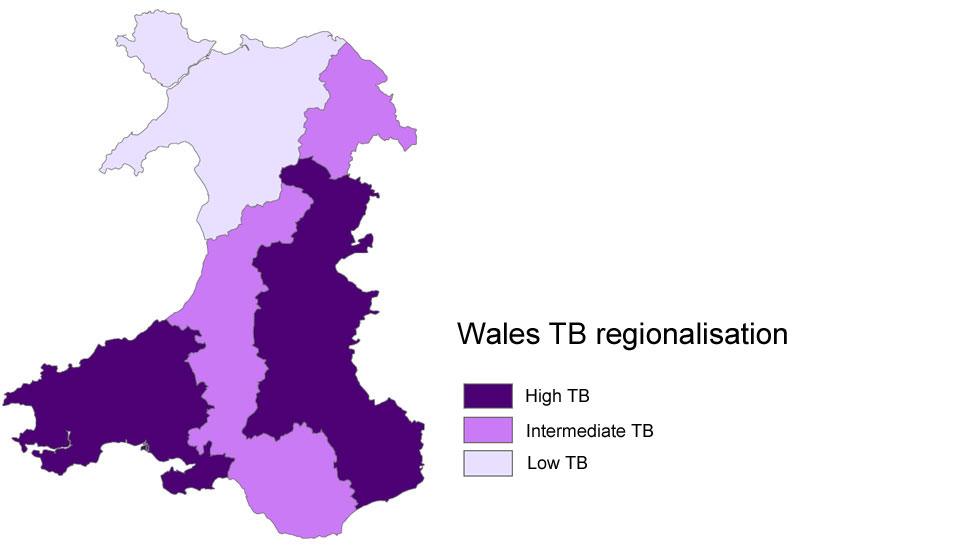
Under the new plans, different areas will be established across Wales based on bovine TB incidence levels
The aim is to eradicate the disease in high risk areas such as south west Wales and the border with England, and prevent it spreading to north west Wales.
The Welsh Government has repeatedly resisted calls for widespread culling of badgers, a policy which has proved controversial in England.
Rural Affairs Secretary Lesley Griffiths has said she would consider allowing the cage-trapping of badgers and the humane killing of infected animals if they were found to be part of the problem on individual farms.
But Dr Paton, president of the BVA in Wales, told AMs on Thursday: "What make a cull effective is sufficient number of badgers killed in sufficient time over a sufficiently large area."
He called for culling areas of at least 150 sq km (58 sq miles), with "hard borders" such as rivers and major roads which would contain the targeted badgers.
Ogmore Labour AM Huw Irranca-Davies asked about the need for badger culls if bovine TB infection was mostly from cattle to cattle.
Dr Paton said there would always be a "re-infection pressure" from wildlife.
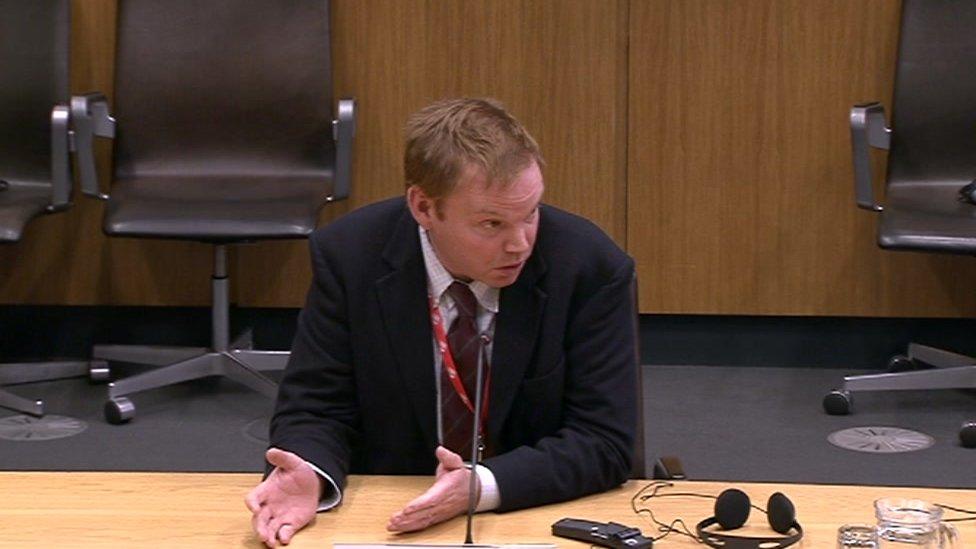
Dr Neil Paton says Welsh ministers will not eradicate TB with their current approach
"There is 50 percent cattle-to-cattle transmission - I'm not going to argue with that number - but where that originates from is typically from introduction from another source, and some of that source is wildlife.
"Once one cow is infected within a herd, then it spreads potentially rapidly.
"So unless you've dealt with the wildlife as part of your overall control strategy, then you are not going to get eradication."
Dr Paton stressed the BVA's preference for humanely trapping and shooting infected badgers, rejecting the free shooting policy that had been used in England as inhumane and ineffective.
'Good science'
Conservative rural affairs spokesman Paul Davies said: "There is a clear requirement for a more holistic approach and the Welsh Government's strategy should include all the tools at its disposal to ensure we eliminate Bovine TB in both our cattle and wildlife population."
James Byrne from Wildlife Trusts Wales said his organisation was "conscious of the hardship" that bovine TB causes in the farming community.
But he added: "The scientific evidence demonstrates that culling is likely to be ineffective in fighting the disease and, worse still, risks making the problem even worse."
"The emphasis of all our efforts should be to find a long-term solution, based on good science," he added.
A Welsh Government spokesman said: "Our refreshed approach to TB eradication will continue to focus on all sources of infection.
"However, cattle control measures continue to be the main focus of the programme as this approach is proving to be effective, with a downward trend in new TB incidents.
"A consultation on the refreshed programme is underway and the cabinet secretary has invited people to have their say on the proposals."
- Published18 October 2016
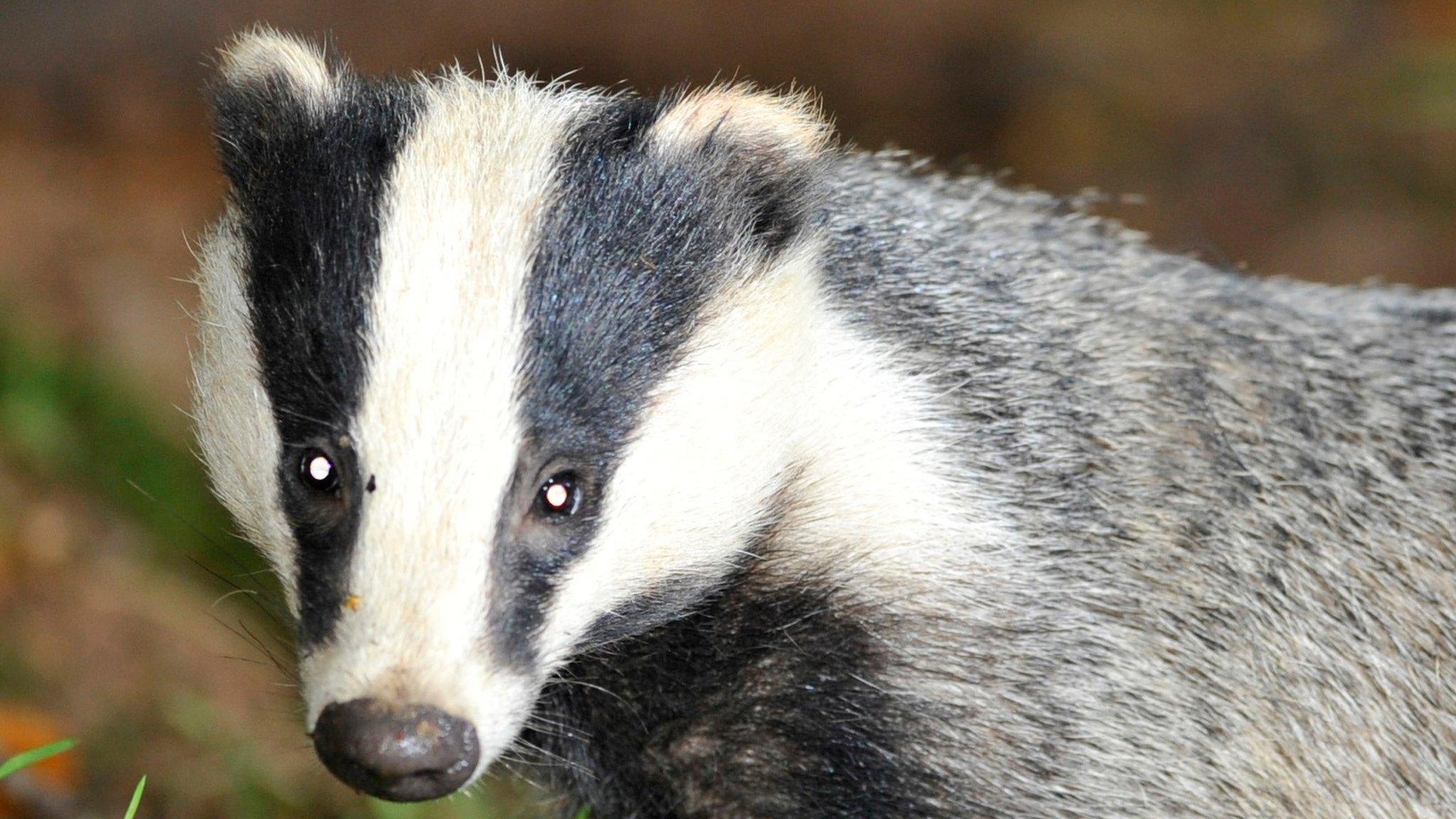
- Published17 October 2016
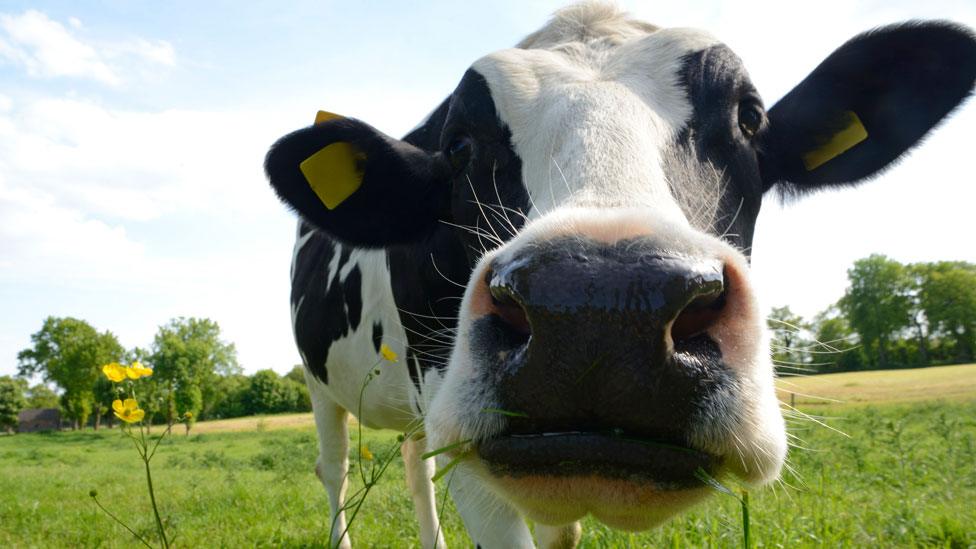
- Published30 August 2016
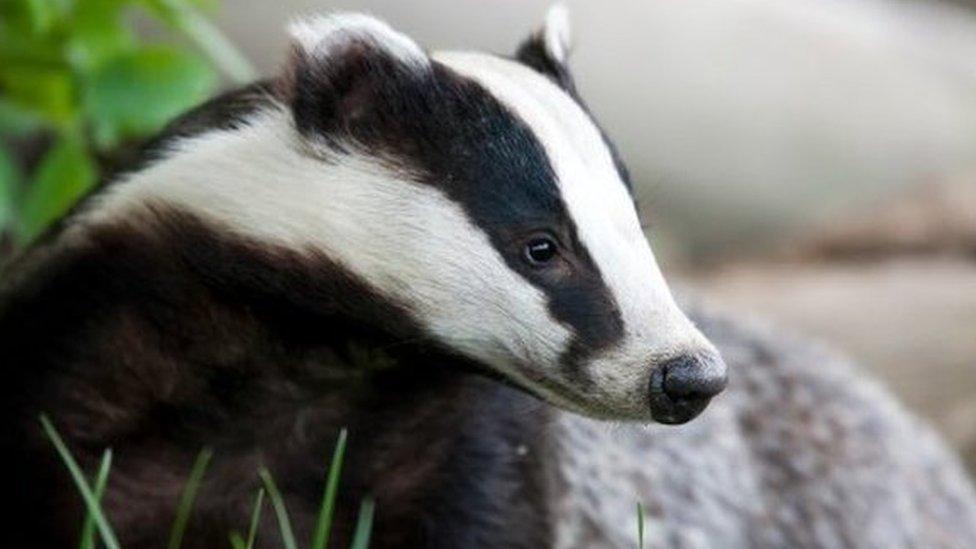
- Published20 July 2016
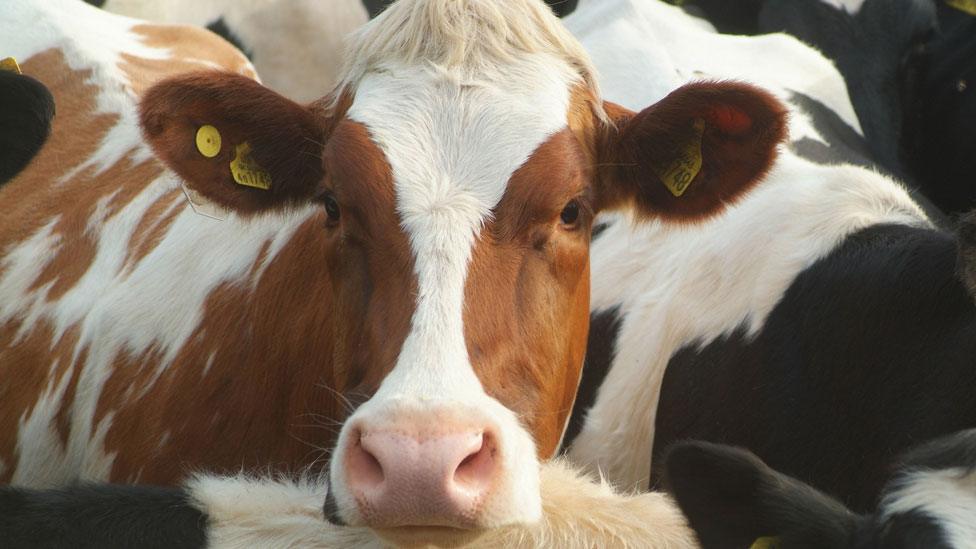
- Published16 August 2016
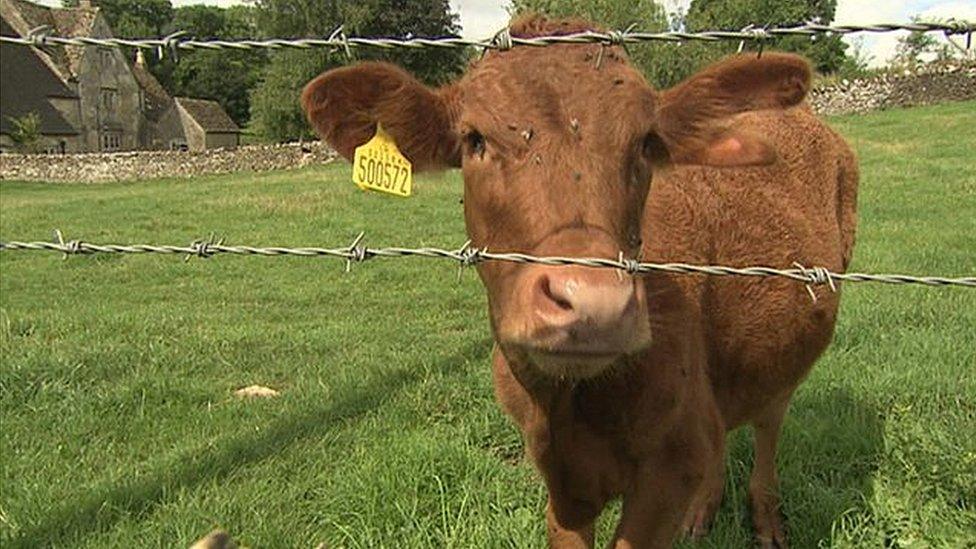
- Published15 January 2015
